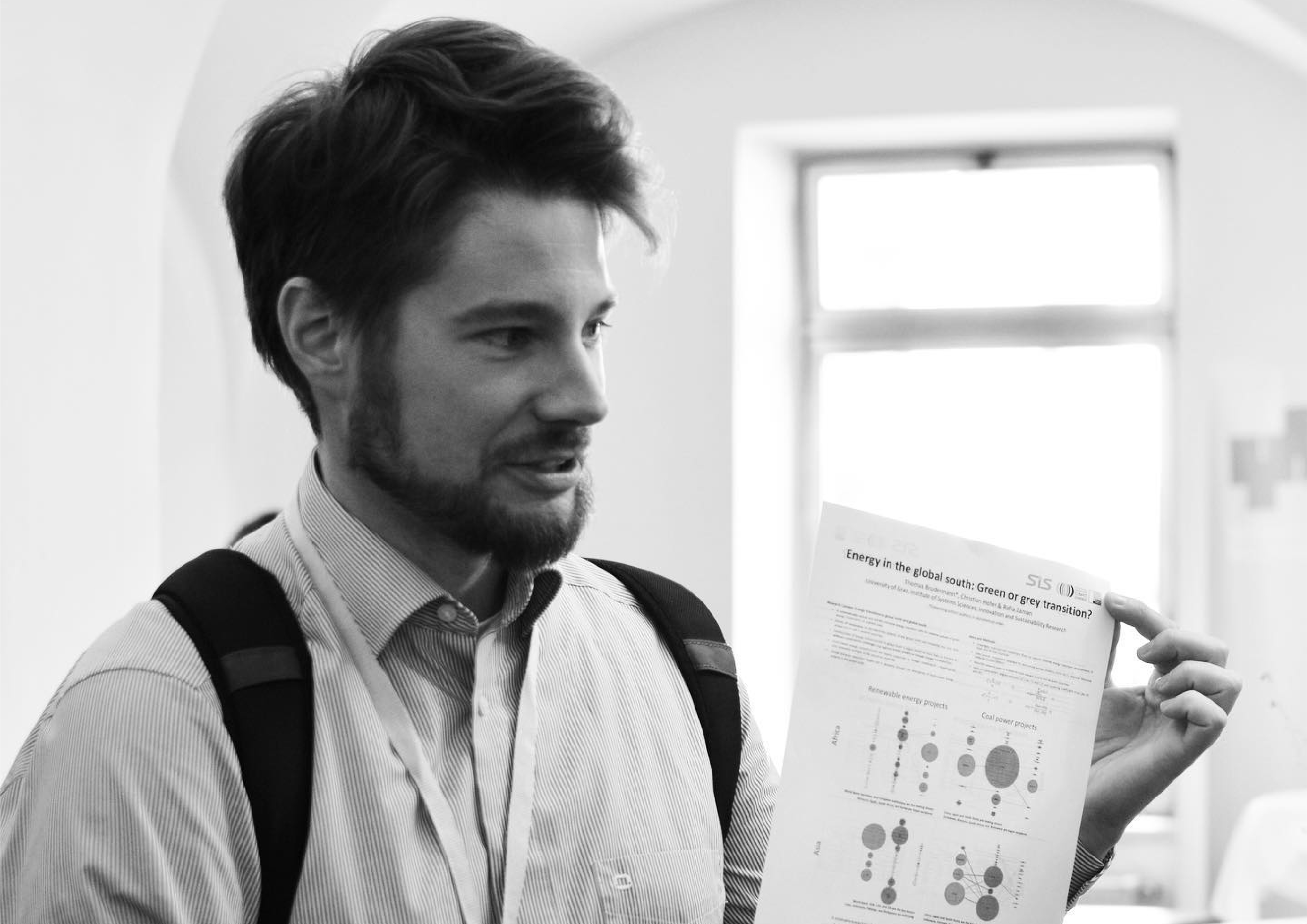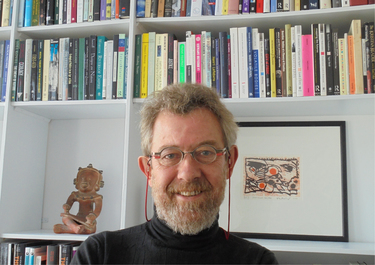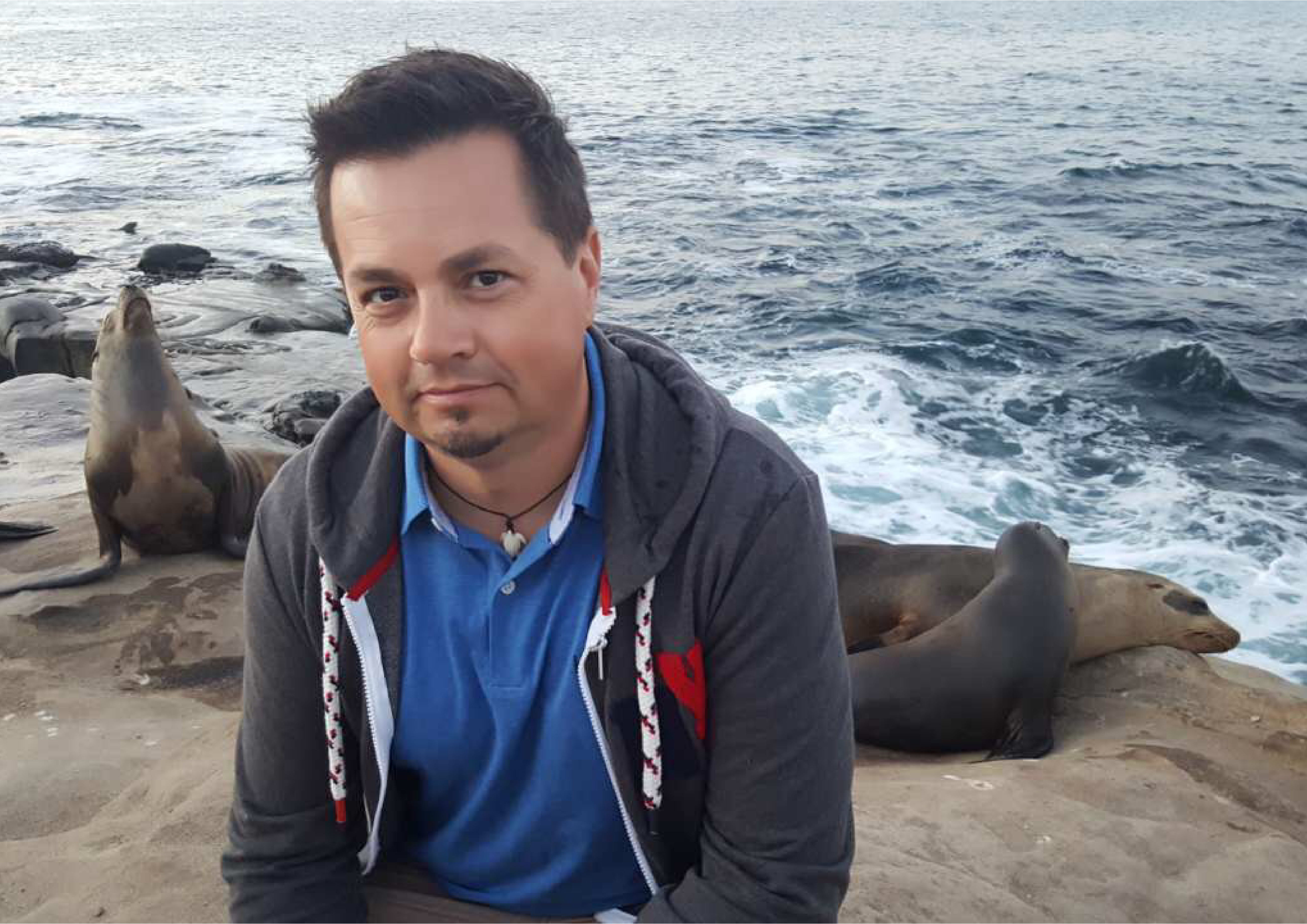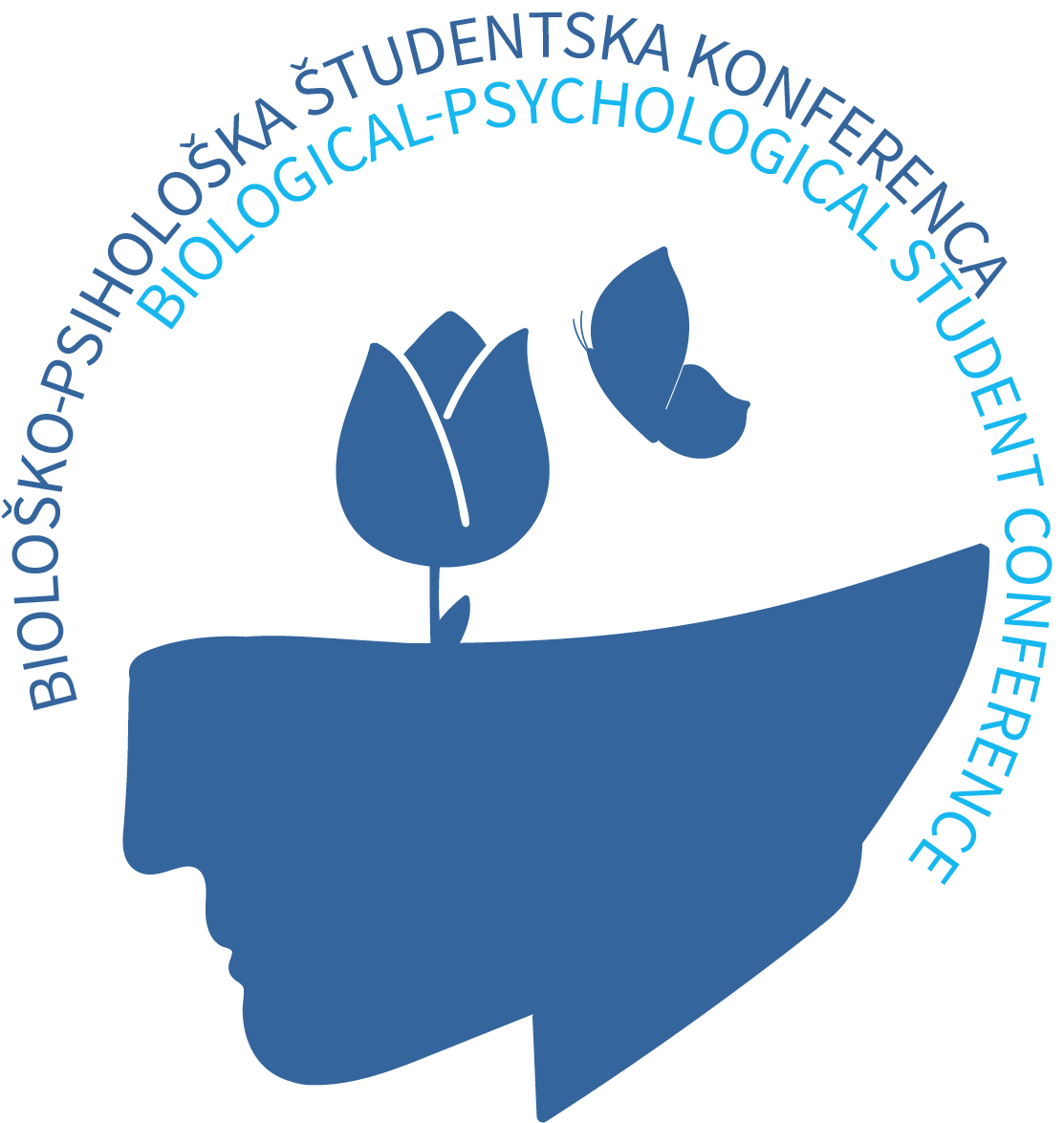Archive 2021
printAssoc. Prof. Thomas Brudermann, PhD
Lecture
Climate psychology: Exploring the gaps between awareness, knowledge, attitudes, intentions and behaviors

Bio
Thomas Brudermann is an associate professor at the University of Graz, Austria. He holds a “venia docendi” in the interdisciplinary field of sustainability and innovation research, a doctoral degree in psychology, and a master’s degree in informatics. Thomas has been working as a researcher and lecturer for various national and international research institutions, such as the International Institute for Applied System Analysis (IIASA), Vienna University of Economics and Business, University of Klagenfurt and University of Graz. He also has been a visiting researcher at the National Institute for Environmental Studies (Japan) and a visiting faculty member at the Asian Institute of Technology (Thailand).
His research deals with questions around climate psychology and transitions towards sustainable societies. His main focus is on understanding the decision making of citizens, consumers and organizations. Related to that, he also explores questions of fairness in climate policy.
Details, publications and presentation slides.
Prof. Erik Swyngedouw, PhD
Lecture
“The apocalypse is disappointing”: Enjoying Climate Change and the Deadlock of the Climate Consensus

Bio
Erik Swyngedouw is Professor of Geography at The University of Manchester, UK. His was previously Professor of Geography at Oxford University and held the Vincent Wright Visiting Professorship at Science Po, Paris, 2014. Erik Swyngedouw also holds Honorary Doctorates from Roskilde University in Denmark and the University of Malmö in Sweden. His research focuses on political ecology, environmental politics, democratization, urbanization, politicization, and socio-ecological movements.
He is author of, among others, Urban Political Ecology in the Anthropo-Obscene: Political Interruptions and Possibilities (edited with Dr. H. Ernstson, Routledge), Promises of the Political: Insurgent Cities in a Post-Democratic Environment (MIT Press), Liquid Power: Contested Hydro-Modernities in 20th Century Spain (MIT Press) and Social Power and the Urbanization of Nature (Oxford University Press).
Assoc. Prof. Bojan Lazar, PhD
Lecture
Biodiversity crisis, conservation failures and perspectives for the 21st century: What can we learn from COVID-19 pandemic?

Bio
Dr. Bojan Lazar is associated professor of conservation biology at the University of Primorska, with expertise in population ecology of large marine vertebrates and marine conservation. He is a member of various expert groups of UNEP and IUCN in the field of marine conservation and acts as expert adviser to EU Directorate General for Environment. Professional and scientific work of Dr. Lazar is at the interface between biological and social sciences, linking biological systems and human impacts in marine ecosystems with the critical role of social science in marine conservation policy.
Prof. Elena Bužan, PhD
Lecture
An Anthropocene trace of genetic diversity: a new insight into mammalian management and conservation

Bio
Elena Bužan is a full professor at the Faculty of Mathematics, Natural Sciences and Information Technologies, University of Primorska, and at Environmental Protection College, Slovenia.
Her research deals with molecular ecology and conservation biology, i. e. the use of genetics in conservation and management of wildlife. As co-author she published more than 60 original and scientific articles, she is an editor of two scientific monographies, with more than 70 studies she participated at international conferences and published 7 chapters in monographic publications. She is also a member of editorial committee of a respected international journal. With managing and participation in national (Slovenian Research Agency (referred to the Slovenian abbreviation of ARRS), targeted research programmes (referred to the Slovenian abbreviation CRP)) and international projects (INTEREG, HRZZ, Obzorje 2020 (Horizon 2020), Erasmus+), she contributes to the development of molecular ecology as a tool for conservation and sustainable management of wildlife. She puts the scientific knowledge into practise by cooperation with Ministries (Ministry of the Environment and Spatial Planning, Ministry of Agriculture, Forestry and Food, Ministry of Infrastructure) and protected areas (Triglav National Park, Notranjska Regional Park). At the moment, she is a leader of the international Horizon 2020 project called StepChange, based on collaboration of citizen science through research in various scientific fields ranging from health to energy and the nature conservation. She has received “Glasnik znanosti” (“Messenger of Science”) and “Primorski um” awards for academic and scientifc achievements. She was a mentor to more than 30 bashelor’s and master’s theses and doctoral dissertations in the field of conservational genetics and animal biology. She is a member of the Slovenian Biochemical and Genetic Society – an international biodiversity consortium, of ConGen scientific consortium of conservation genetics, and representative of Slovenia at ERGA (European Reference Genomic Atlas consortium). As a visiting lecturer and evaluator of study programmes she visited several universities in Brazil, Kazakhstan, USA, Lebanon, Czech Republic, Australia, Russia and Croatia. She was a pedagogic mentor at four projects of the Public Scholarship, Development, Disability and Maintenance Fund of the Republic of Slovenia, financed by the European Social Fund, linking university to the local economy, and enabling students to acquire additional competences and facilitating employability.

